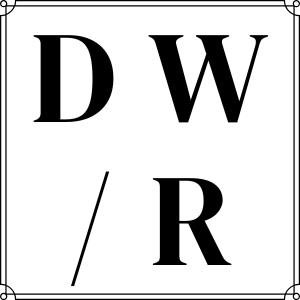What Every Writing Teacher Should Know and Be Able to Do: Reading Outcomes for Faculty Members
The need for much better preparation of faculty on reading arises from evidence in three areas: students’ problems with critical reading and thinking, lack of extant faculty preparation in reading pedagogy, and an absence of focused faculty…
তালিকাভুক্ত Article | গোষ্ঠী দ্বারা প্রকাশনা Discourse and Writing/Rédactologie
সংস্করণ 1.0 - প্রকাশিত উপরে 10 Jul 2025
লাইসেন্সকৃত Creative Commons BY-SA 4.0
বর্ণনা
The need for much better preparation of faculty on reading arises from evidence in three areas: students’ problems with critical reading and thinking, lack of extant faculty preparation in reading pedagogy, and an absence of focused faculty development to improve student reading. Many recent studies show clearly that students do not read as well as they might, online and off. Both quantitative studies like the ACT’s data on over a million students in the U.S. and Canada and qualitative studies like the Citation Project show that half or more of current college students lack the skills to analyze, synthesize, evaluate and use material they have read for their own purposes, in school and beyond. Critical and analytical skills are particularly lacking as shown in untimed tests by Stanford University researchers of students’ ability to evaluate online material. To address students’ needs, clear goals for faculty development can help. Pre-service faculty should be trained in the psycholinguistics of reading as well as in teaching techniques. In-service faculty should have access to professional development to understand students’ reading needs and address them more effectively. Collaborations across campus with library faculty can also provide useful approaches to building students’ online critical reading skills.
এই কাজটি উদ্ধৃত করুন
গবেষকদের এই কাজটি উদ্ধৃত করতে নিম্নলিখিতভাবে উল্লেখ করতে হবে:
ট্যাগ
নোটস
Original publication: Horning, Alice. "What Every Writing Teacher Should Know and Be Able to Do: Reading Outcomes for Faculty Members." Discourse and Writing/Rédactologie, vol. 29, 2019, pp. 137-147. This material has been re-published in an unmodified form on the Canadian HSS Commons with the permission of Discourse and Writing/Rédactologie. Copyright © the author(s). Work published in DW/R is licensed under the Creative Commons CC BY-SA license
প্রকাশনা প্রাকদর্শন
Discourse and Writing/Rédactologie
This publication belongs to the Discourse and Writing/Rédactologie group.
When watching a publication, you will be notified when a new version is released.
